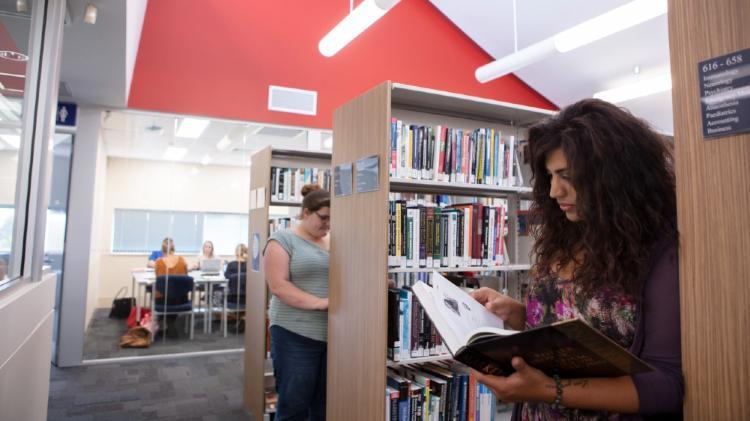MIND the GaP has a commitment to research and community engagement to advance mental health and wellbeing in the Shoalhaven and beyond. Through ongoing research and collaboration, we seek to create lasting positive impacts on mental health services and community resilience.

Research
Understanding and supporting mental health and wellbeing:
Conducting research to better understand the health and wellbeing needs of the Shoalhaven community as well as other regional, rural, and remote Australians. This research informs the development of targeted interventions and support systems.
Understanding service use and needs:
Improving knowledge about how mental health and wellbeing services are currently used, outcomes of care, and where unmet needs persist. This knowledge helps identify service gaps and address barriers to accessing care in regional, rural, and remote areas.
Innovative approaches:
Engaging with community members and policy and practice partners to identify research priorities, and to develop and evaluate innovative, holistic approaches to mental health and wellbeing. This includes prevention, early recognition, and treatment of mental health issues.
Current research areas
- Community consultation and co-design
- Suicide prevention
- Understanding community health and wellbeing
MIND the GaP recognises the importance of community involvement in mental health initiatives, to help to guide and prioritise research projects and services aimed at improving the health of the Shoalhaven community. While disparities and needs have been identified in several reports, more work is needed on how to address these, and in particular what the Shoalhaven community would like to see in their health and wellbeing services.
Projects
- Community consultation regarding health and wellbeing needs and services in the Shoalhaven area.
- Co-creating and planning a community driven intervention to improve Shoalhaven health outcomes.
Research in this area aims to identify risk factors, create targeted interventions, and raise awareness about suicide prevention strategies within the community.
Projects
- Evaluating Suicide Prevention Community Linker (Gatekeeper) Training Programs in Aboriginal Communities of the Shoalhaven.
- Community based training for rural suicide prevention: A follow-up study of training effectiveness and trainees’ capability for skill application.
This research aims to build a more detailed picture of resilience, quality of life, access to services, and health needs for people living in Australian regional and rural communities including the Shoalhaven.
Projects
- Investigating the adequacy of mental health service provision for people experiencing mental health issues and their carers within the Shoalhaven region.
- Community Health and Rural/Regional Medicine (CHARM) study.
- Analysis of hospital mental health presentations in the Illawarra-Shoalhaven area
Research collaboration and researcher capacity building
MIND the GaP is equipped with modern research facilities staffed by experts from the University of Wollongong (UOW) and local healthcare professionals. The facility encourages collaboration between researchers across disciplines, including UOW's faculties of Science, Medicine and Health, and the Arts, Social Sciences, and Humanities, as well as clinicians and service providers.
We also collaborate with key support groups such as Lifeline South Coast, Illawarra Shoalhaven Suicide Prevention Collaborative, and the Shoalhaven Suicide Prevention Awareness Network (SSPAN) to ensure that research findings translate into meaningful support and services for the community. This collaborative environment enhances translational and interdisciplinary research and networking.
MIND the GaP is committed to building a culture of impactful, values-driven research. We build researcher capacity through our ongoing supervision of higher degree research students as well as undergraduate and medical student research projects.
We seek to grow our connections and collaborations with established and emerging researchers, service providers, funding partners, policy makers and clinicians, to enhance the relevance of our research and its application in community settings.


